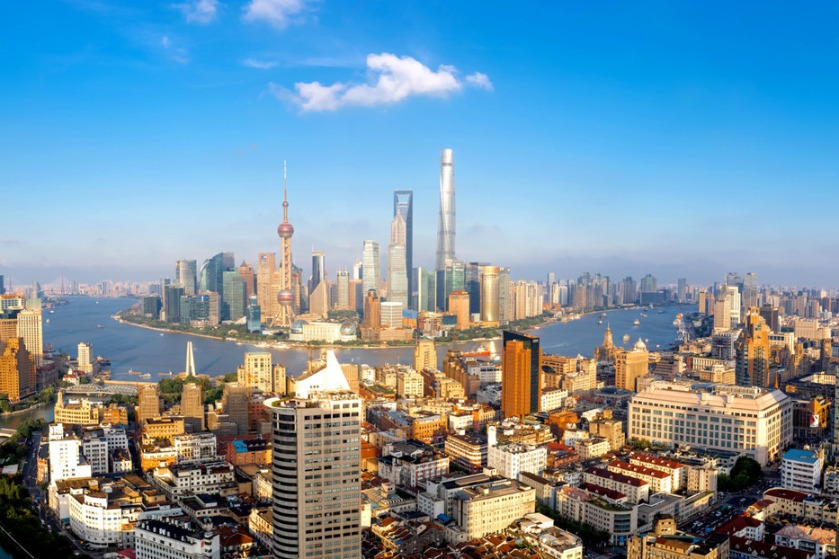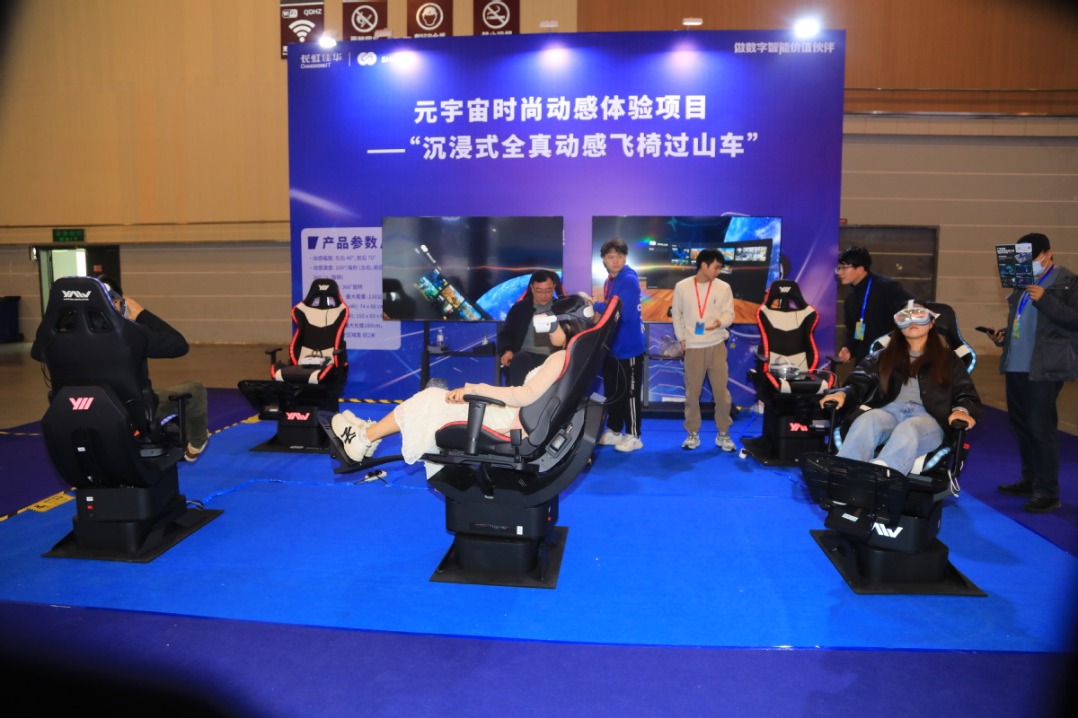Nepal-China ties rooted in history


This year marks the 70th anniversary of the establishment of diplomatic relations between Nepal and China, although civilizational links between the two sides can be traced to early 5th Century AD. Since establishing diplomatic ties on Aug 1, 1955, Nepal and China have enjoyed cordial, cooperative and win-win relations, not least because the two countries are linked by history, geography and mutual interest.
The current state of bilateral relations, based on mutual understanding, shared interests, mutual support and appreciation of each other's concerns and sensitivities, is amiable and economically beneficial, facilitating the further deepening of ties.
Since the Nepal-China relationship has been guided by the Five Principles of Peaceful Coexistence (Panchsheel), and amity and good neighborliness, the two countries' peoples harbor nothing but goodwill and love toward each other.
Influenced by the teachings of the Buddha, the artworks of Araniko, the translations of monk Buddhabhadra, and the cultural contributions of Nepalese Princess Bhrikuti (Khridzun) who brought the Sutra of the White Lotus to Tibet, bilateral relations have helped strengthen the two countries' cultural and spiritual connection. And since opening its embassy in Kathmandu in July 1960 (with Nepal opening its embassy in Beijing in September 1961), China has remained a strong development partner of Nepal, supporting the latter's overall development endeavor.
The two countries share a 1,414-kilometer-long border, with the majestic and mighty Himalayas connecting them. People-to-people relations between the two countries are strong, close and deep-rooted. The people of Nepal will always remember China's support during the global public health crisis and in the aftermath of the April 15, 2015, earthquake China helped the country carry out rescue and relief operations.
China has always respected Nepal's sovereignty, territorial integrity and independence. Similarly, Nepal remains committed to the one-China principle.
Regular exchange of high-level visits between the two countries has produced positive results, significantly contributing to the consolidation of friendly bilateral relations.
From Dec 2 to 5, 2024, Nepalese Prime Minister KP Sharma Oli paid an official visit to China, during which Nepal joined the "Group of Friends" of China's Global Development Initiative and signed the "Framework for Belt and Road Cooperation", identifying key projects. The two sides, however, need to expedite the implementation of projects.
Also, Nepalese President Bidya Devi Bhandari paid a state visit to China in 2019, during which the two heads of state witnessed the signing of seven different agreements, including the "Protocol on Implementing Agreement on Transit and Transport".
The transport cooperation, trade facilitation, establishment of cross-border economic zones, and cooperation on trade infrastructure development will greatly benefit the people of both countries.
China's remarkable economic development is astonishing and inspiring. As a close neighbor and trusted partner, Nepal wants to deepen its economic cooperation with China, particularly in the trade, investment, technology transfer and tourism fields, in order to benefit from China's remarkable development.
Nepal hopes to get a higher level of financial and technical support from China in priority development areas such as connectivity, infrastructure development, healthcare, hydropower and agriculture. In this regard, developing the trans-Himalayan multi-dimensional connectivity network, as agreed by both sides, will benefit not just Nepal but China as well. The immediate and urgent need of Nepal is to "materialize" cross-border connectivity through improved roads on both sides of the border. Later, this multi-dimensional connectivity network can be expanded to include railways, transmission lines and information channels.
Nepal also needs increased air connectivity between the major cities of the two countries, including direct and regular flights to and from the Pokhara International Airport and Gautam Buddha International Airport in Siddharthanagar to boost its tourism sector and enhance connectivity.
Moreover, Nepal hopes to get China's support in transforming its agricultural sector through the increased use of modern technology; and hopefully, the modernization of Nepal's agricultural sector will stem the flow of Nepalese migrants to other countries. Considering the huge trade gap between the two sides, Nepal needs Chinese knowledge, experience and technology to increase its productive capacity so that it can boost its exports. It also wants to deepen cooperation with China on information technology, artificial intelligence and cybersecurity.
In fact, Nepal also requires huge amounts of investment to transform its economy, achieve its development goals, and meet its requirements, for which Nepal has been encouraging Chinese people and businesses to invest in Nepal.
The two neighbors also have the potential to promote different types of tourism, including sports tourism and adventure tourism. That Nepal and China jointly announced the new height of Mount Qomolangma (8,848.86 meters) at a special ceremony in Kathmandu in December 2020, shows they have enough room to expand cooperation in adventure sports.
Nepal will graduate from the group of least-developed countries by 2026, and China's support will be of great help to make the "graduation" process smooth. Similarly, Chinese expertise in urban infrastructure, urban transportation and healthcare development can greatly benefit Nepal. The two sides can also collaborate on environmental protection and climate change mitigation.
Nepal is a staunch advocate of a just, equitable, inclusive and rules-based world order, and commends China's strong and important role in defending and supporting the cause and interests of developing, and less- and least-developed countries at multilateral forums.
To take Nepal-China relations to newer heights and ensure the fruits of closer ties benefit the two peoples, both countries have to make extra efforts.
The author is consul general of Nepal in Guangzhou.
The views don't necessarily reflect those of China Daily.
If you have a specific expertise, or would like to share your thought about our stories, then send us your writings at opinion@chinadaily.com.cn, and comment@chinadaily.com.cn.


































